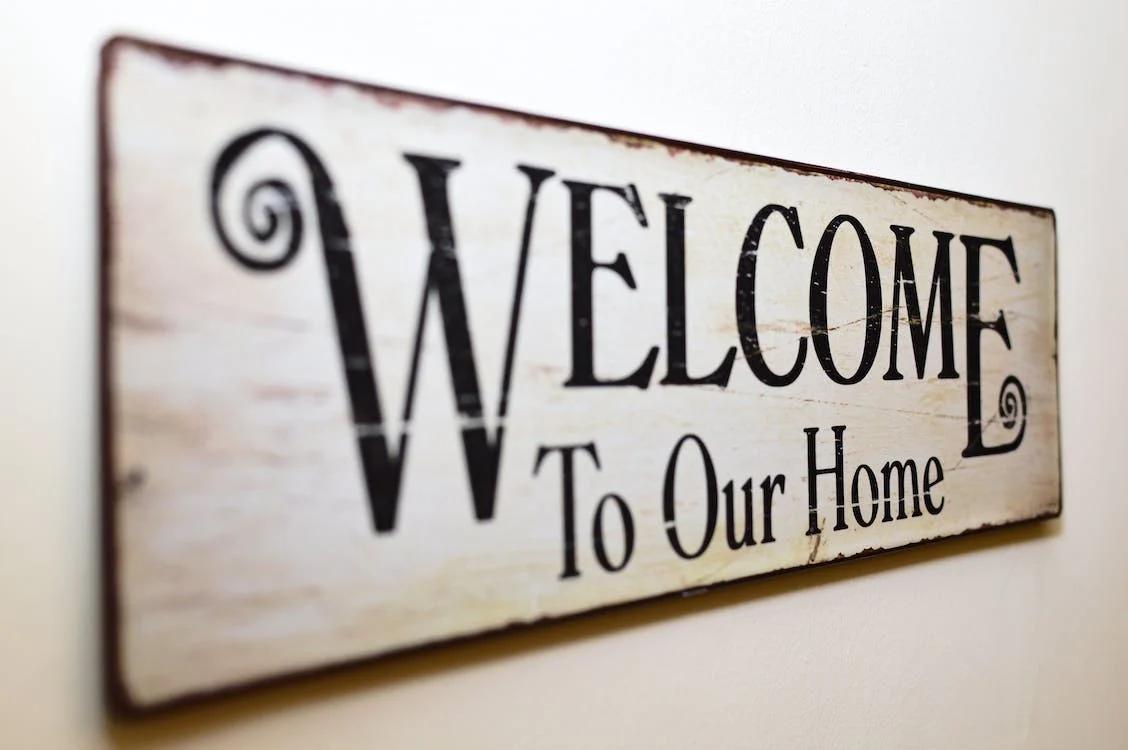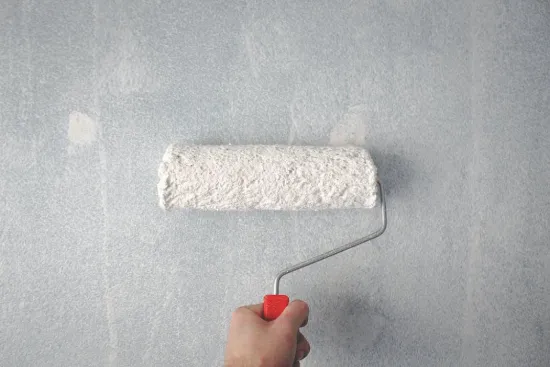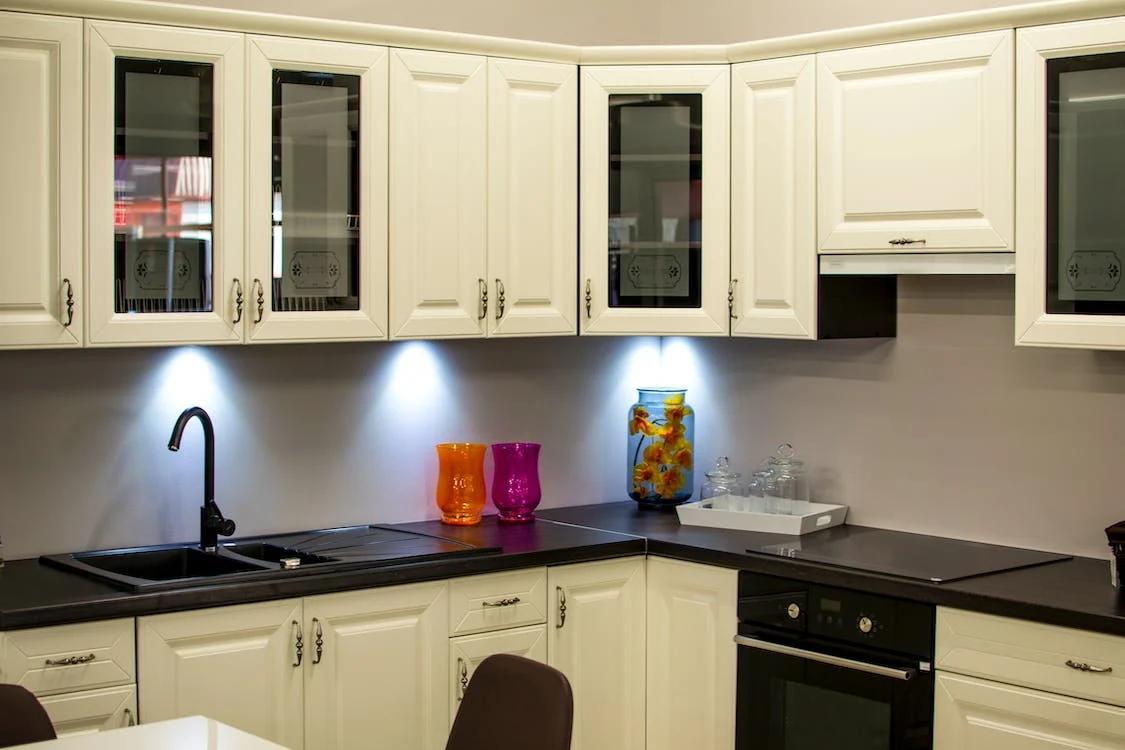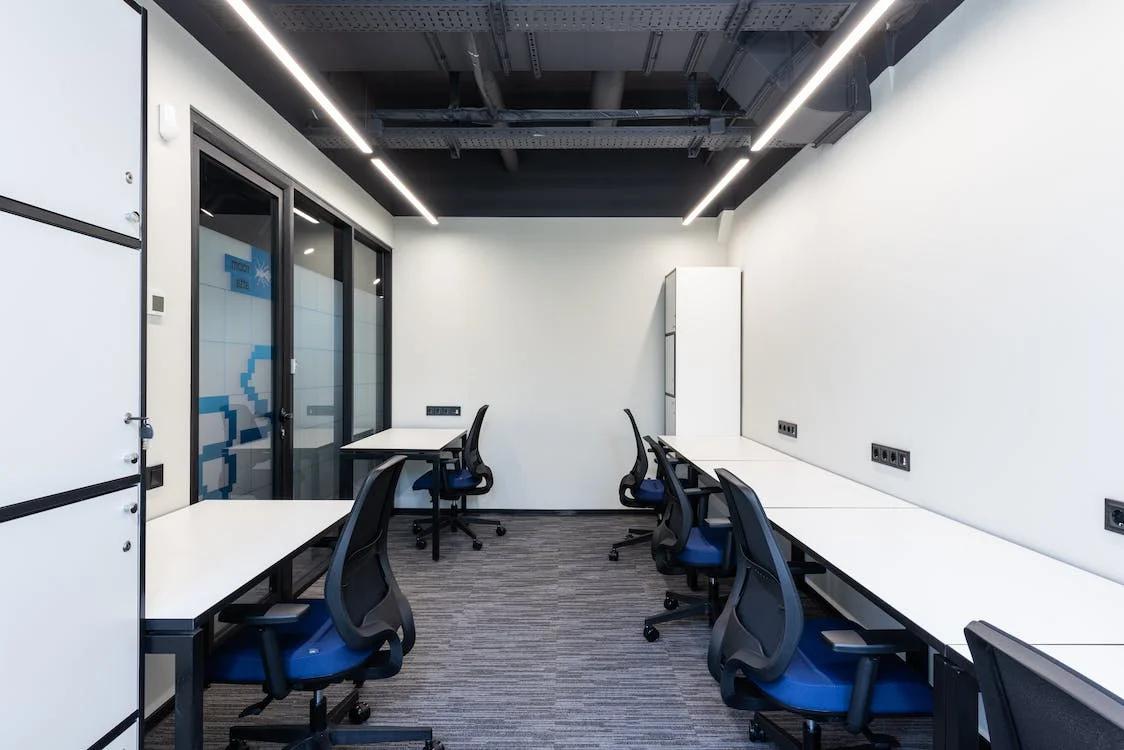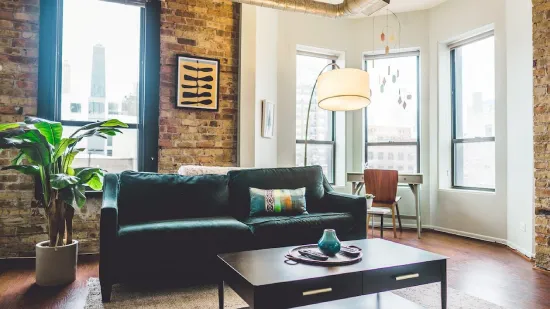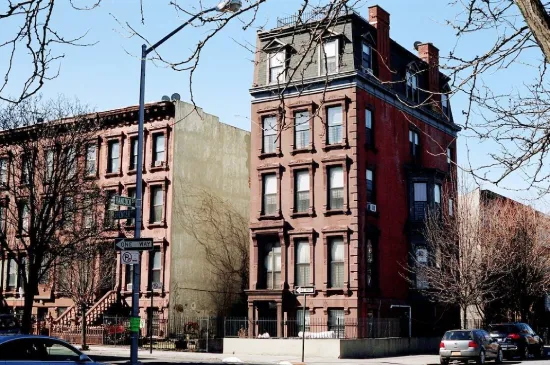A few open house best practices that can help you take full advantage of this opportunity are:
- Trust your own eyes over what the listing agent tells you. They shouldn’ttell you anything that’s not true, but they may exaggerate. They are experienced in presenting even the most modest strengths of the property in a flattering way. For example, if they say that the place is “roomy and feels spacious,” it shouldn’t be interpreted as square footage. Evaluate the available space yourself during the open house.
- Visit the open house with the mindset of a homeowner, not a guest. It’s important to respect the current owners of the house and how they prefer to keep their space, but you should visualize yourself and your family occupying that space, including what you wish to change. If there are too many things you need to change, then it may not be a good fit.
- It’s a good idea to ask about the age of certain features/installations in the house, like carpeting or flooring. You should also ask how longthe past owners have lived in the house and if they have made any major changes/renovations during their stay. Also, if the information is not already offered by the seller or their agent, you should also ask about the building monthlies, previous assessments, common plumbing/HVAC issues, utility expenses, neighbors/noisy neighbors, and if you are in a co-op, how restrictive the board is.
- With the agent’s/seller’s permission, check the pressure of faucets in the kitchen and bathroom. Some leaks may only be visible when the water is running.
- Make sure the home layout makes sense. Some prewar buildings and heavily renovated apartments may have layouts that you might not be comfortable with.
- Evaluate the available square footage as a whole and individual spaces like bathrooms and bedrooms. A massive living room and tiny bathrooms may be a useless combination if you plan on living in the apartment without any major renovations.
- If the open house is during the day, note how much natural light different areas of the home get. This is something you may not have any control over if the window openings are small or the surrounding structures are blocking the sunlight. Lack of sunlight can actually impact your mood and mental health.
- Keep your ears just as open as your eyes. It might be hard to discern outside noises in a crowded open house, but you should strive to understand how much noise the apartment gets. Look for default noise-canceling features like thick walls and any measures the previous owners have taken.
- Differentiate between multiple “small” problems or things you would like to change and a few major things you have to change to make the apartment habitable for yourself and your family. Noisy doors, door locks, curtains, a couple of leaky faucets, or even a countertop may not set you back as much as replacing the flooring or all windows.
- Check for closet space but with the agent’s/seller’s permission, and don’t scrutinize or comment on the contents of the closets.
- The agent or seller will bring your attention to luxury amenities and intact original features, and while they may add to the charm of the place, you should ask yourself if you are willing to pay top dollar for these features. You may get a better apartment with more practical strengths, like an in-unit washer/dryer for the same price. So don’t be impressed by details that hold no value for you.
- When you are going to an apartment open house, remember that it starts with the building itself. Look for security, cleanliness, housekeeping, common areamaintenance, etc. These are the spaces you will have regular interaction with.





